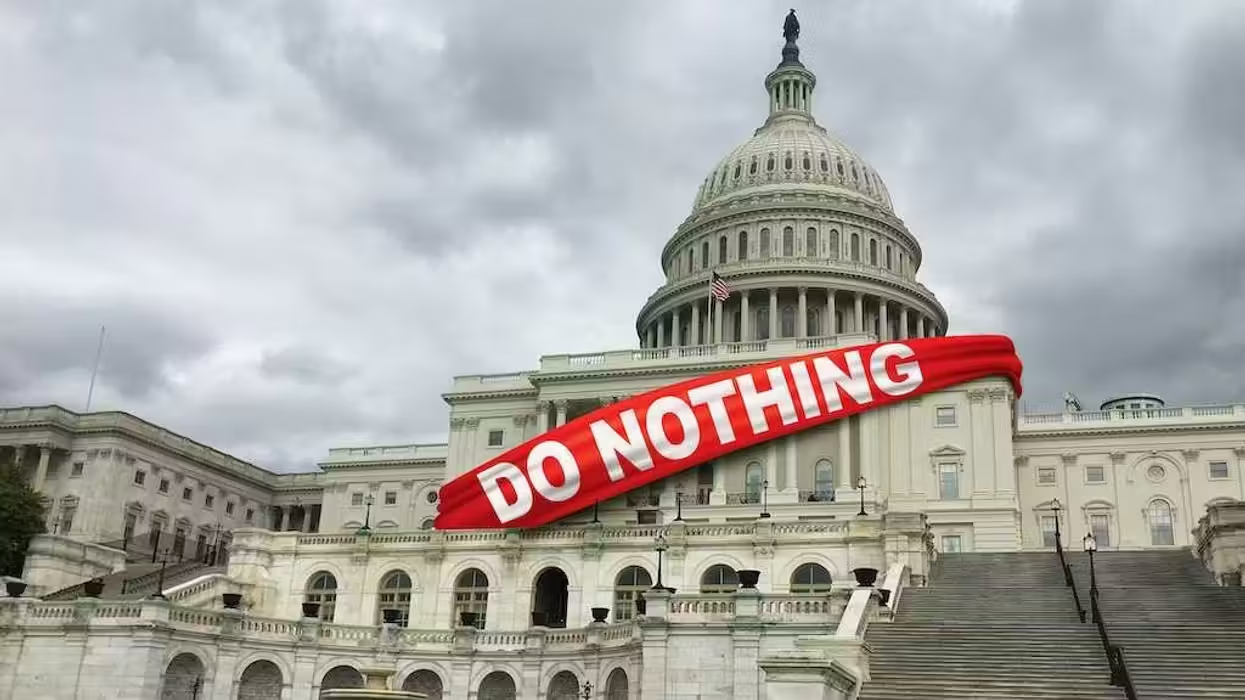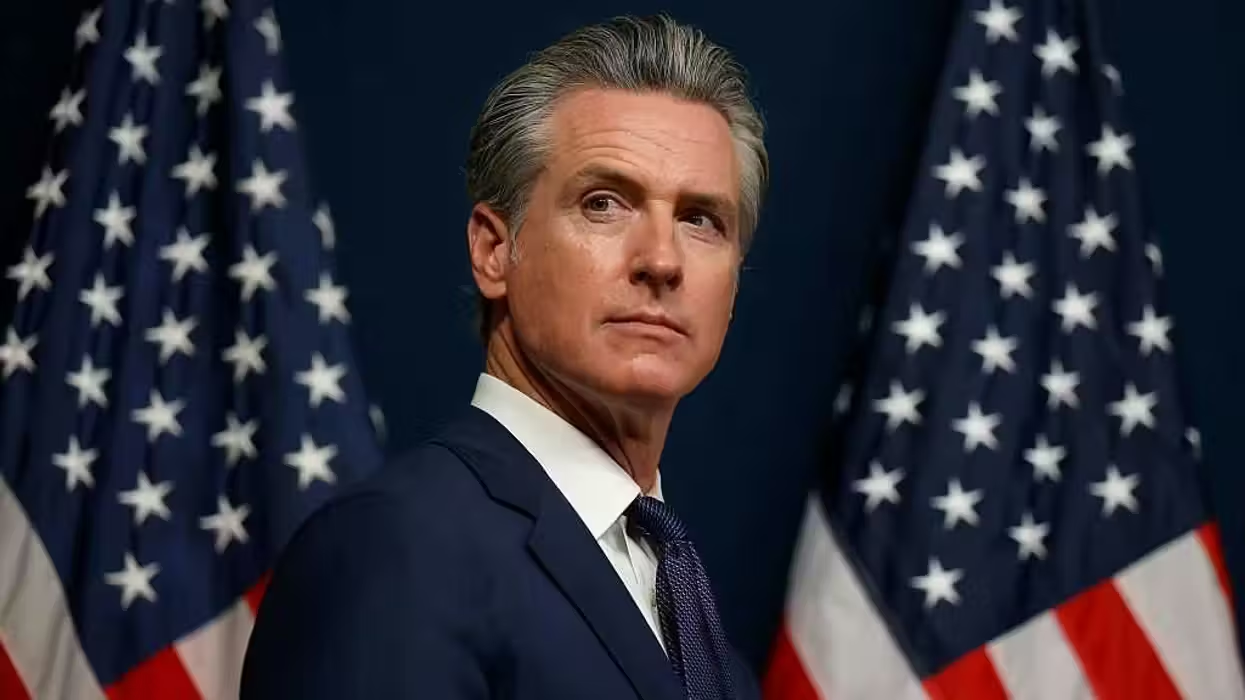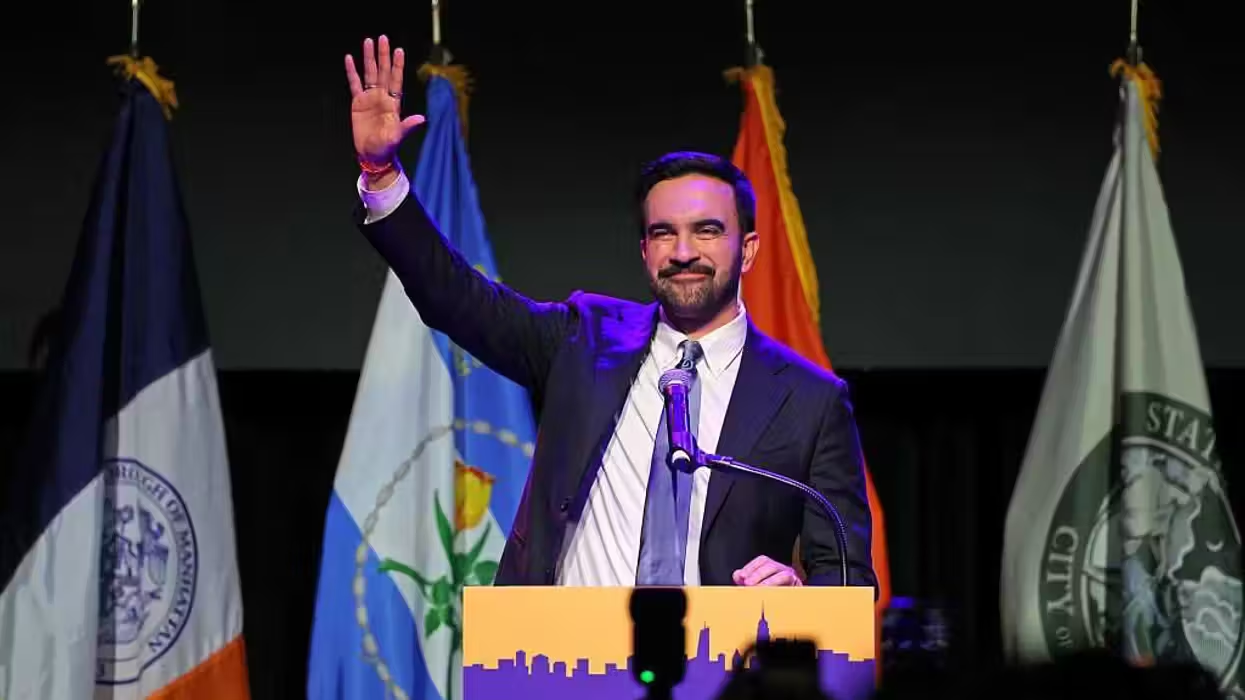
© 2025 Blaze Media LLC. All rights reserved.
After several weeks of delay, President Trump announced his revised immigration moratorium today. The moratorium comes on the heels of the FBI announcing an investigation into 300 refugees as part of a counterterrorism operation. Here are the key revisions from the order issued in late January:
- Iraq was removed from the list of countries for which all categories of visas are banned (not just refugees) after the Iraqi government protested and agreed to work closely on sharing information. The remaining six countries — Somalia, Iran, Yemen, Syrian, Sudan, and Libya — will be subject to a 90-day moratorium.
- The moratorium doesn’t apply to anyone who holds a green card or to any existing visa holder who held a valid visa before January 27, 2017. Moreover, even the exclusion of future prospective immigrants and travelers won’t begin until March 6. Also, the order lays out a number of examples of future travelers from these countries who might be relatives of existing residents and citizen of the U.S. and can apply for a case-by-case hardship waiver.
- The moratorium on refugees across the globe remains in place for 120 days; however, the de facto permanent ban from Syria has been removed. Also, any refugees already approved are allowed to proceed with resettlement into the United States. Since the majority of Iraqi immigrants come to the United States via a refugee visa, immigration from Iraq will be dramatically reduced.
- The order eliminates the original provision prioritizing persecuted religious minorities as refugees, even though such prioritization is required by current law. However, given that ALL refugees all halted for the next six months, and major reforms are likely forthcoming, this change might be moot.
Now here are a few observations:
- I understand why Trump watered down the order. Although his order was covered by multiple statutes, the Constitution, presidential authority, and settled case law, he was unable to go up against the courts alone. Absent help from Congress, which has proven itself impotent, President Trump had no ability to reinvent the wheel on the role of the federal judiciary in middle of a policy fight. Hence, the revision makes sense.
However, it is very concerning that we have essentially ceded 200 years of settled law as it relates to green card holders and even holders of non-immigrant visas. We are essentially conceding to the courts that they have full authority over immigration, whereas settled law and statute allow the president to shut off re-entry of existing visa holders after they travel outside of the country. As noted before, 8 U.S. Code §1201(h) makes it clear that the issuance of a visa does not “entitle any alien” to be “admitted [into] the United States, if, upon arrival at a port of entry in the United States, he is found to be inadmissible under this chapter, or any other provision of law.” This is written on the actual visa itself! And §1201(i) explicitly strips the courts of authority to litigate a revocation. While Trump is correct to plow forward with a scaled down order, Congress must step up to the plate against the courts. We have an enormous problem with some existing visa holders based on the irresponsible immigration policies of the past two decades. We cannot cede this point. - Originally, I expressed concerns about Trump taking Iraq off the moratorium list because that is where we have the most problems. However, now that it appears he is leaving the refugee moratorium in place, the issue is pretty much moot because almost all of the immigration we get from Iraq is from the refugee program.
- Once Trump decided to avoid the mess of applying the ban to those already issued visas, he should have gone on offense and added more countries, such as Pakistan and Saudi Arabia to the moratorium. As noted before, this is not just about vetting, but about broader cumulative issues of mass migration and assimilation.
- Don’t think the ACLU and the courts will go home and call it a day. Remember, a number of radical federal judges put a temporary stay on ALL aspects of the original order, including the those applying to prospective immigrants and travelers. All it takes is for the Left to find one district judge in one of the many liberal circuits to issue a nationwide injunction, and we are confronted with the same dilemma. Thus, if Trump’s intention of retreating from the original order was to avoid judicial tyranny, this is a mistake. If, however, it was to place himself on unassailable ground with the public and bolster his resolve to fight the courts, then more power to him. Moreover, he must instruct Congress to place an exclamation mark on this new order by defunding the issuance of visas from these six countries and the refugee resettlement program for the remainder of the year. This will make the judicial issue moot.
- Now that this only applies to future potential immigrants, there is no excuse for the media to mischaracterize this as a travel ban. Nobody is banned from travelling anywhere. It’s a temporary moratorium on new refugee admissions and visas from some countries.
Want to leave a tip?
We answer to you. Help keep our content free of advertisers and big tech censorship by leaving a tip today.
Want to join the conversation?
Already a subscriber?
Blaze Podcast Host
Daniel Horowitz is the host of “Conservative Review with Daniel Horowitz” and a senior editor for Blaze News.
RMConservative
Daniel Horowitz
Blaze Podcast Host
Daniel Horowitz is the host of “Conservative Review with Daniel Horowitz” and a senior editor for Blaze News.
@RMConservative →more stories
Sign up for the Blaze newsletter
By signing up, you agree to our Privacy Policy and Terms of Use, and agree to receive content that may sometimes include advertisements. You may opt out at any time.
Related Content
© 2025 Blaze Media LLC. All rights reserved.
Get the stories that matter most delivered directly to your inbox.
By signing up, you agree to our Privacy Policy and Terms of Use, and agree to receive content that may sometimes include advertisements. You may opt out at any time.






